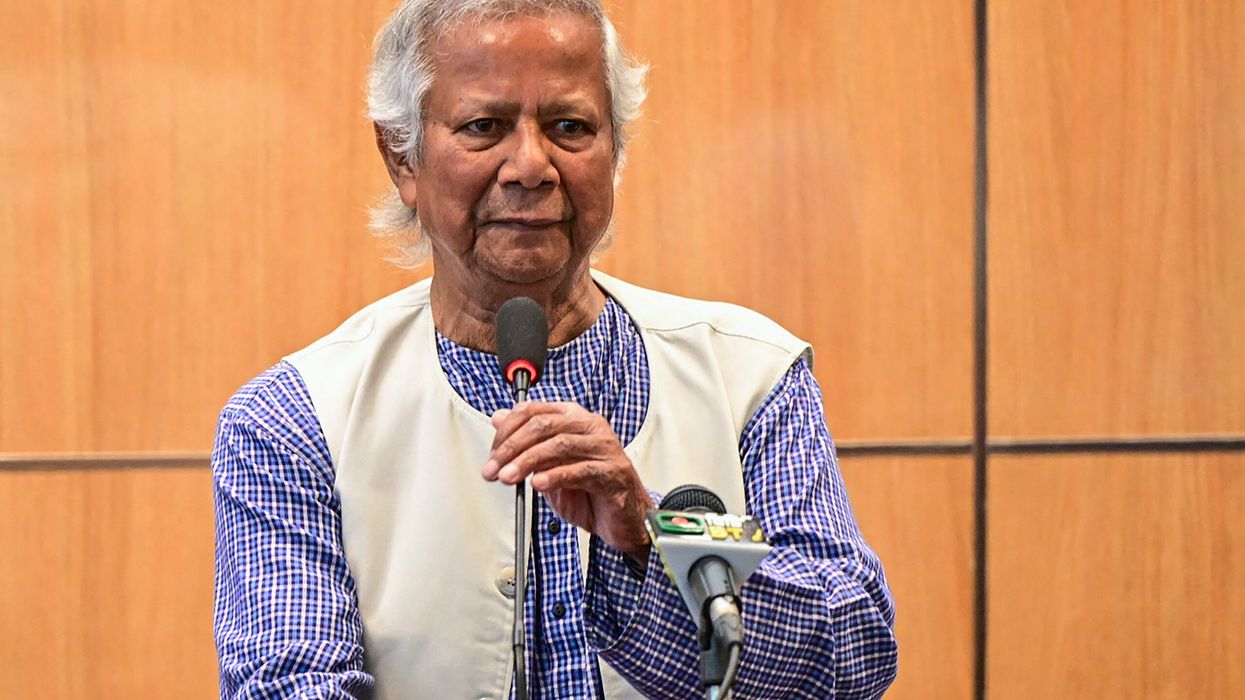After making his acting debut with the commercially and critically successful film Masaan (2015), Vicky Kaushal has always attempted to explore as many genres as possible. From starring in neo-noir psychological thriller Raman Raghav 2.0 (2016) to headlining much-loved espionage thriller Raazi (2018) alongside Alia Bhatt to fronting the cast of an out-and-out horror flick Bhoot – Part One: The Haunted Ship (2020), the young actor has impressed with his performances in all genres.
However, Kaushal is yet to delve into comedy. But it seems the actor will cross it off his bucket-list soon. News has it that the Uri: The Surgical Strike (2019) star has signed on to topline a comedy film, to be produced by Yash Raj Films.
“Aditya Chopra loved Vicky in his previous few films and feels he is the star of tomorrow. He is producing a comedy film and has roped in Vicky for it. The deal has been locked and Vicky loved the role. He especially liked the film because it is a never-seen-before character for him as nobody has seen him do comedy before. It will also be Vicky’s first stint in the comedy space. More details on the film are awaited. But the film will be one of the first few to go on floors and the dates will be chalked out once the situation is better to shoot,” a source informs a leading entertainment portal.
The project will mark Vicky Kaushal’s first film with Yash Raj Films. We also hear that it will be a part of their high-profile announcement slate which they are planning to unveil on the 50th anniversary of the production house.
Keep visiting this space for more details.





 Cast members from both soaps spent three weeks filming together during intense night shootsInstagram/Coronation Street
Cast members from both soaps spent three weeks filming together during intense night shootsInstagram/Coronation Street 






